Borrowing expense, Depreciation and capital write offs
Overview
The following expenses for your rental property may be deducted over a number of income years:
- Borrowing expenses (not including interest, which can be deducted immediately);
- depreciation (the decline in value of depreciating assets such as carpet, furniture and appliances); and
- capital works expenditure
Borrowing expenses
You can claim a deduction for borrowing expenses associated with purchasing your property, such as loan establishment fees, title search fees, and costs of preparing and filing mortgage documents. Interest on the loan is not a borrowing expense, and can be claimed immediately.
Depreciating assets
A depreciating asset is an asset that has a limited life expectancy (effective life) and can reasonably be expected to decline in value over the time it is used.
From 1 July 2017, unless you are carrying on a business of property investing or are an excluded entity you cannot claim for depreciation of second-hand plant and equipment in rental premises used for residential accommodation.
These changes apply to second-hand plant and equipment you acquired at or after 7.30 pm (AEST) on 9 May 2017 unless you acquired them under a contract entered into before this time. Additionally, you cannot claim for plant and equipment installed on or after 1 July 2017 if you have ever used it for a private purpose.
For assets costing $300 or less, you can claim an immediate deduction for the entire cost, to the extent you use it for a rental property.
If you buy a newly built property, or buy a property that has been substantially renovated, you will be entitled to claim depreciation deductions for decline in value of the new depreciating assets if no one previously claimed any depreciation deductions on the asset, and:
- Either no one lived in the property when you acquired it; or
- If anyone lived in the property after it was built or renovated, you acquired it within six months of the property being built or renovated.
You can no longer claim deductions for second-hand or used depreciating assets, whether they are bought with the property or separately. You also can’t claim depreciation deductions if you have used the asset for private purposes before installing it in your rental property.
You can claim deductions for new depreciating assets.
Capital works expenditure
Deductions for construction expenditure (capital works deductions) on residential rental properties are generally spread over a period of 40 years.
A deduction may also be available for structural improvements made to parts of the property other than the building if work began after 26 February 1992.
The deduction is at the rate of 2.5% or 4% (adjusted for part-year claims) depending on the date the capital works began.
Deductions for construction expenditure apply to capital works such as:
- A building or an extension – for example, adding a room, garage, patio or pergola;
- alterations – such as removing or adding an internal wall; and
- structural improvements – such as adding a gazebo, carport, sealed driveway, retaining wall or fence.
You can only claim deductions for the period in which the property is rented or is available for rent.
Borrowing expenses, depreciation and capital write offs still have you confused on how they apply to your situation? Here at IP Tax we’ll put you in touch with an investment property tax expert that personalises their advice to each individual client so you know the information you are receiving is relevant to you. Contact us now to get started.
